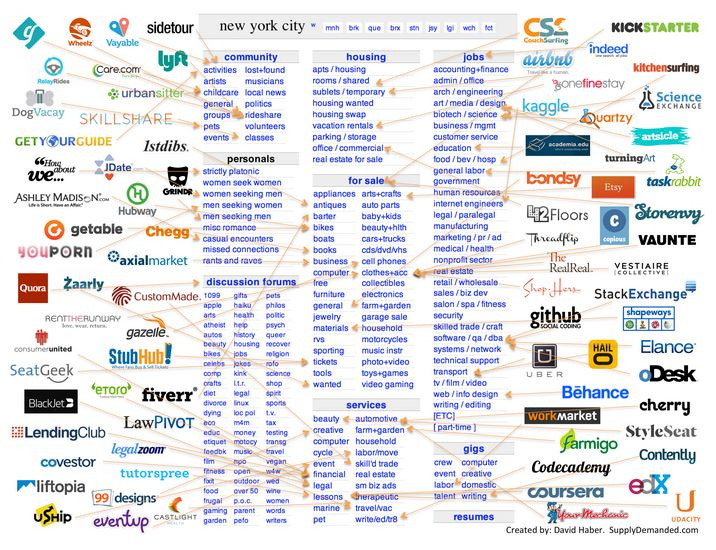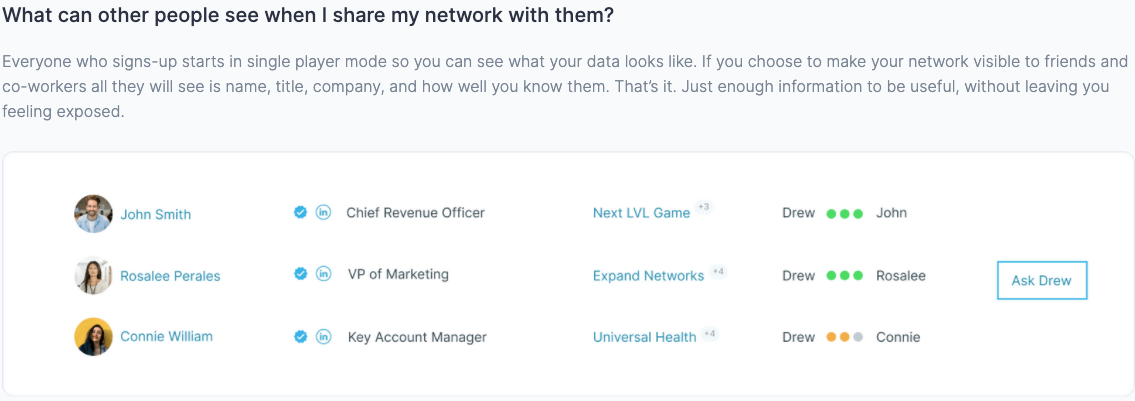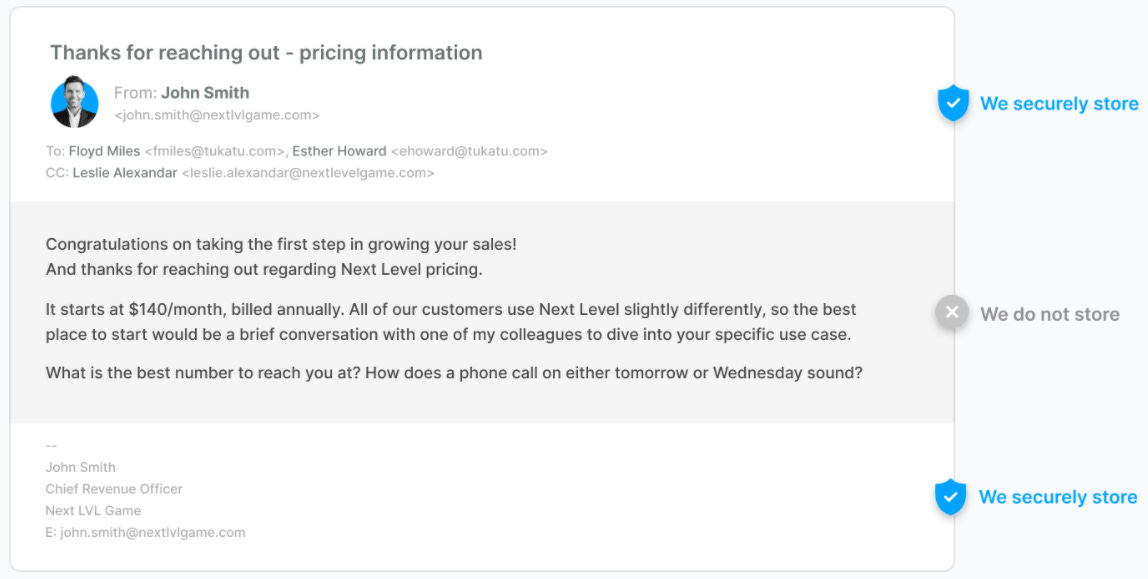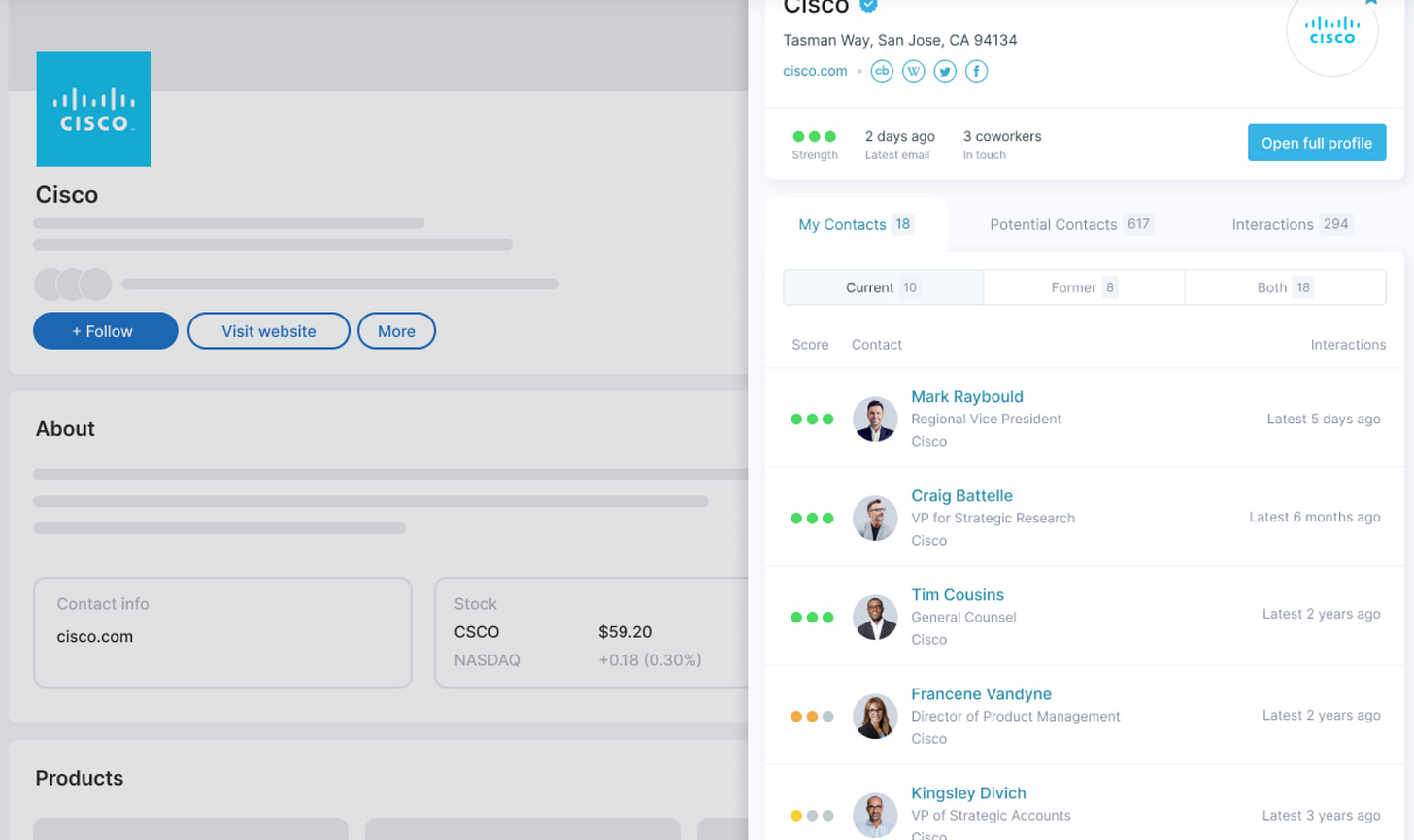I have 2027 connections on LinkedIn. I was born and raised in Bishkek, Kyrgyzstan. I have lived in Brooklyn for about four years and in San Francisco for about seven years. I speak Russian as a second language and have worked in finance, management consulting, and startups. So I kind of know my network but not really. Where is my network located? Do I know more people in NYC or SF? Where do I have more meaningful connections? I want to travel to Kenya, Tokyo, and Barcelona but I also want to meet people there to talk about startups. Do I know anyone there? Do any of my friends have close friends there? I would love to know all of this. So is there a Map View of my professional connections?
LinkedIn plays a huge role in our lives. We spend most of our daylight working. This makes LinkedIn important because it is a live version of our career. LinkedIn is our confirmed online identity, Facebook being another one. LinkedIn is a household brand for millennials. 60% of users, or ~440 million worldwide, are 25 to 34 years old. We find jobs there.
I love and appreciate LinkedIn. There is a famous and important brand question: if a product or a service were to discontinue right now, how much would you miss it? Rate your response. I would rate 9/10 that I would miss LinkedIn. I would also rate Google, Nike, and Starbucks a 9/10. The only 10/10 I would give is to Chipotle.
But LinkedIn is turning into Craigslist. A website that got big but now gets split into many smaller things.
Just like Craigslist, LinkedIn has lots of sections: resume, projects, skills, courses, referrals, recommendations, endorsements, introductions, jobs, and newsletters. So naturally, entrepreneurs take a section and make it a business. For example, Searchlight AI took the recommendations and endorsements section of LinkedIn and is making it useful. On Searchlight, you can get recommendations not only from your manager but also from your colleagues thereby making you more than just a resume. Another section that LinkedIn has to offer but is not doing great is warm introductions. I once asked a friend for an introduction and the response was “Ah unfortunately I have no idea who he is”.
So there is a company called Connect the Dots that has recently raised a $15 million Series A round. The company solves the introductions problem of LinkedIn. Connect the Dots uses data from your emails to put together a dashboard of how strong your connections are.
Your friends have to sign up so you can see each other connections. Your connections won’t see all of your email data, only the most important one: the strength of your connections. This dashboard tells you who you can ask for an introduction. Moreover, CTD has a chrome extension that will allow you to also browse your LinkedIn connections. For example, you want to apply for a job at Connect the Dots and don’t know anyone there. With CTD, you will know which friend to ask for an introduction who has a strong connection to the company. So your job search game gets better because the number of referrals increases and so is their quality. Connect the Dots is the insight and intelligence to your network of people who you actually talk to. Connect the Dots is the Google Maps of your connections with directions to the companies and people.
Connect the Dots reminds me of the Tipping Point by Malcolm Gladwell, the Law of the Few more specifically. The Law of the Few is the “idea that certain types of people are especially effective at spreading an infectious idea, product, or behavior.” There are different types of people: mavens, connectors, and salesmen. Connectors are people with a large network and a habit of making introductions. Mavens are the information specialists, they gather a lot of information and are topic experts. Salesmen are the persuaders with “powerful negotiation skills”. Connect the Dots allows you to see the Connectors among your network. You can focus on these people to spread your idea to become viral. Now you know who to reach out to to make some noise. And although I have more connections than most LinkedIn users, I am not a Connector. I think I am somewhere between a Connector and a Maven and would be very useful in spreading an infectious idea like Connect the Dots.
Companies that raised Series A round on Dec 15-16.
Pace, a Tiburon-based group mental health startup raised $13M.
Ianacare, a Boston-based caregiving startup raised $12M.
Belong Health, a Philadelphia-based Medicare startup raised $40M.
Proov, a Colorado-based home ovulation testing startup raised $9.7M.
Staircase, a Philadelphia-based mortgage startup raised $18M.
Stoke Space, a Washington-based reusable rocket startup raised $65M.
Carbon America, a Colorado-based carbon capture startup raised $30M.
Ilumed, a Florida-based healthcare startup raised $16.5M.





